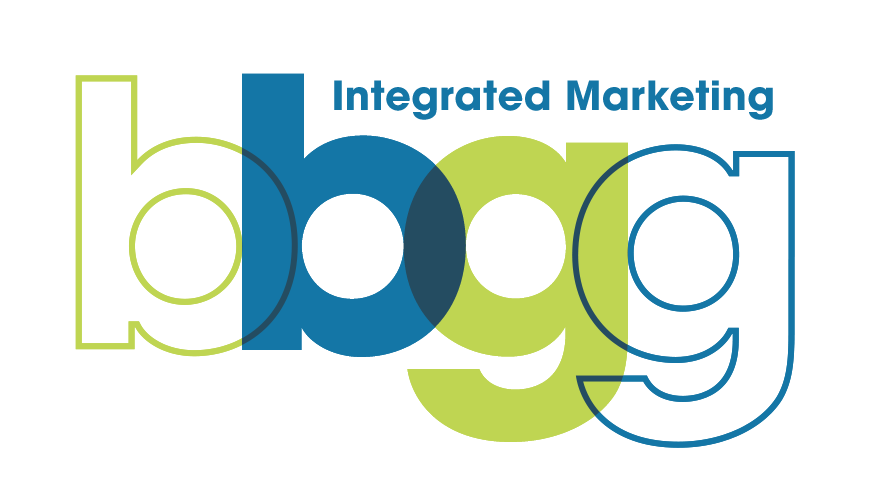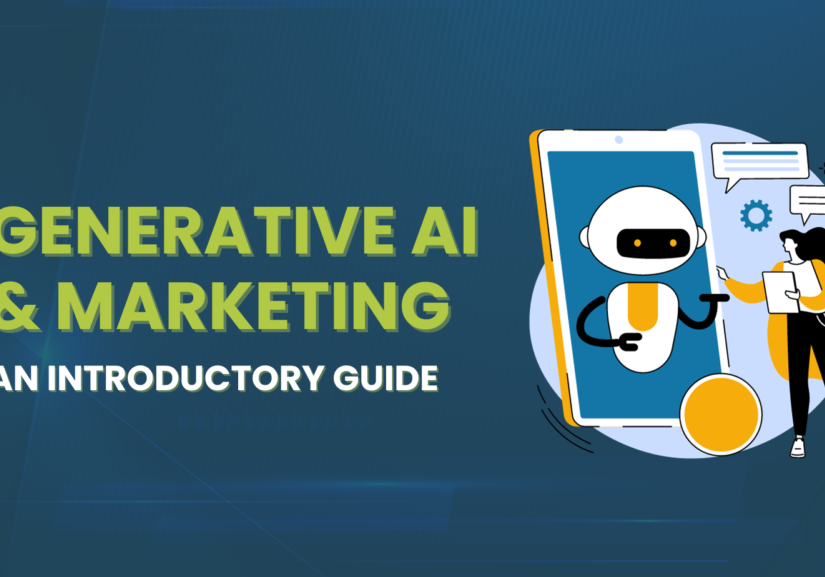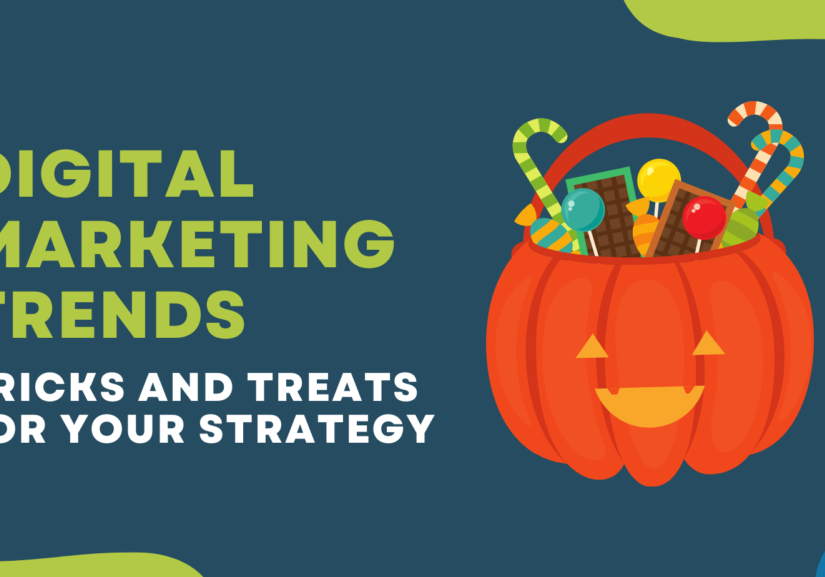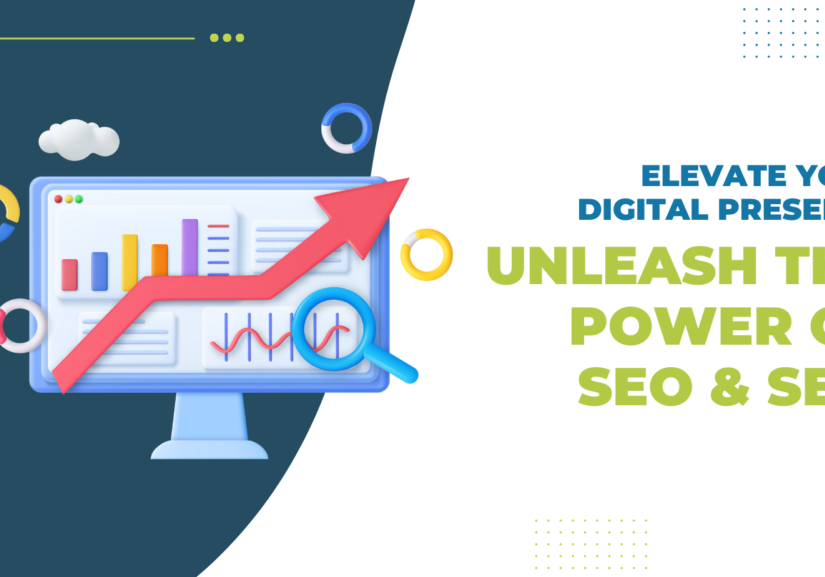Buzzword of the Day: “Programmatic”
By: Debbe, President & CEO | October 2, 2018
“Programmatic” is an advertising buzzword that we seem to be hearing daily – even through programmatic media buying has been around for many years. If it’s new to you, it can seem complex, like smoke and mirrors. So, what exactly is programmatic advertising, and what are its benefits?
Let’s start with a basic definition:
Programmatic advertising is the automation of purchasing digital ad space by utilizing technology and software, rather than the traditional process which includes contact and negotiations with an advertising representative or publisher.
Most often, “programmatic” refers to display advertising on websites, however, programmatic advertising has taken over just about every aspect of traditional media buying, including in-app mobile, native and video advertising, as well as connected TV and digital radio.
To understand how programmatic advertising works, let’s look at its benefits:
Programmatic advertising is efficient and cost-effective
Programmatic media buying utilizes real-time bidding (RTB), which means that will be placed immediately. Most often, the ad space that is available is inventory that has not been sold via reservation ad buys, and thus, is available for fractions of a penny per impression.
This allows smaller advertisers with more moderate budgets to be competitive with larger brands, with the ability to place on premium websites for a fraction of the cost.
Even digital radio Spotify is getting in the game. With the release of their new ad studio beta program, advertisers can run spots with a budget of $250, versus the prior $25,000 minimum budget. That is music to our ears.
Programmatic is more results-driven than traditional media buying
Programmatic media buying gives advertisers the ability to target far beyond the bucketed audience demographics of individual websites. By utilizing combinations of audience data, such as browsing and purchase history, online search queries, geographic location, and demographic profiles, audiences can be targeted in multiple ways.
And because inventory is purchased in real time, programmatic ads have the opportunity to reach customers who are on the move, in relevant places, at just the right time, encouraging them down the conversion funnel.
Programmatic ad campaigns are easier to manage and optimize
With traditional media campaigns, optimization is limited and most often doesn’t even happen. With programmatic media buying, reporting is most often real-time, and campaigns can be changed and updated almost immediately, once performance trends are identified.
Programmatic campaigns can be tracked
Tracking results is difficult and traditional advertisers can sometimes weeks to see the results of a campaign. Actual result reporting is limited, and potentially inaccurate. There is no excuse not to track programmatic campaigns - the data is there! With tools such as network dashboards, Google Analytics and various other reporting tools, benchmarks can be set, goals can be created, and performance can be tracked. Results are tangible.
Before I sign off, I want to give a few pointers for success with running programmatic ads:
- Don’t get caught up in the hype. In reality, programmatic ads are most often simply display ads on websites. Display ads are most effective as brand awareness tools, and often not action-driven. For action-driven results, SEM is still the king.
- Test different methods of targeting and see which reaches your audience most effectively. You can even layer targeting to reach a more granular audience.
- Work with a partner that understands the technology. Programmatic DSP platforms can be very complex. One incorrect setting can make the difference between a successful campaign...or even one that overspends your budget.
- Optimize, optimize, optimize! Once data starts to flow in, watch your placements. Create blacklists of ineffective websites. Bid higher for great placements. Also watch data such as mobile vs desktop placement, times of the day when your ads are most effective and audience demographics. Adjust campaigns accordingly.
Programmatic advertising is a fantastic opportunity for smaller advertisers to get in the game with larger brands. It is data driven, and gives advertisers the ability to hyper target audiences for a fraction of the cost of traditional media buys.
But don’t get caught up in the hype. A solid marketing strategy will most likely include combinations of various tactics, such as programmatic, SEM, social and content marketing. It all ultimately comes down to understanding your audience, and the best way to reach them with clear and relevant messaging.
Contact BBG&G to find out how your business can benefit from a strategic programmatic ad campaign. Call Deborah Garry at 845-615-9084, or email SmartStrategies@BBGGadv.com.





